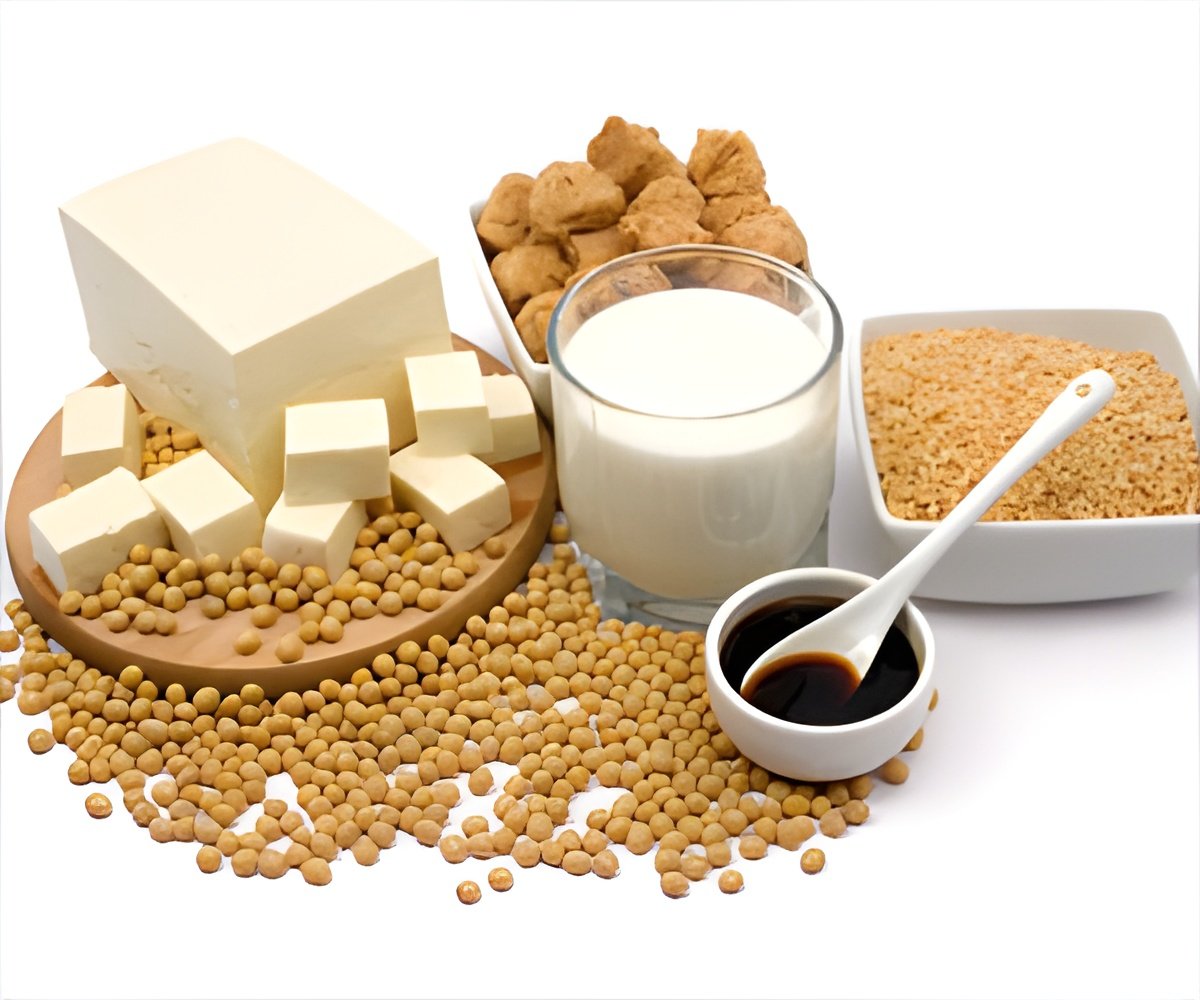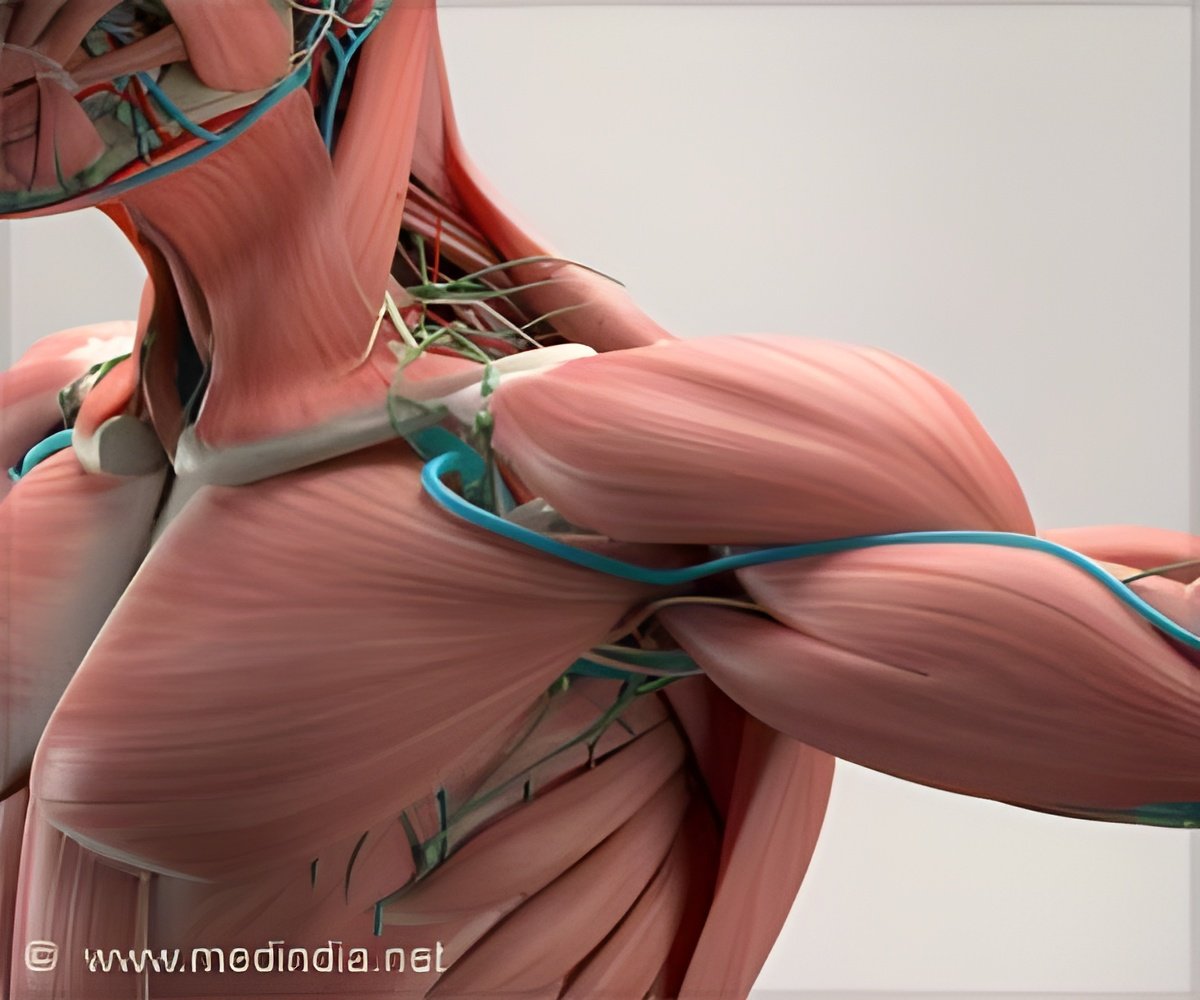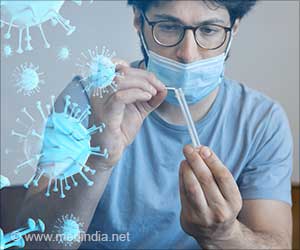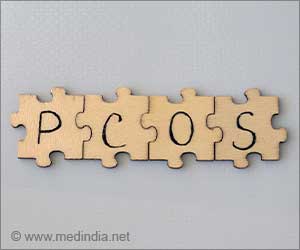No need to worry: Including soy in your diet is safe, with no link to increased estrogen-dependent cancer.

The soy debate is heating up for postmenopausal women—superfood or suspect? While some worry about its estrogen-like effects, a new study shows that soy is safe and can even help ease menopause symptoms without raising cancer risks. So, is it a nutritional ally or a myth? For postmenopausal women, soy can be a healthy, guilt-free addition to your diet.
A study from the University of Toronto is offering reassuring evidence regarding the consumption of soy foods in postmenopausal women.
The analysis of 40 randomized controlled trials in over 3,000 participants found that estrogen-like compounds in soy had no effect on key markers of estrogen-related cancers, supporting its safety as both a food and potential therapy.
Advertisement
Is Soy the Secret to Postmenopausal Wellness?
Several health advocacy groups including the Canadian Cardiovascular Society already recommend soy foods as part of a healthy diet. They are a high quality and complete source of protein and are recognized by several national governmental health agencies — including Health Canada and the US Food and Drug Administration — as effective in reducing the risk of heart disease. Soy foods have also been shown to alleviate hot flashes associated with menopause, which affect many women and impact their quality of life.
“The risk of cardiovascular disease increases substantially as women go through menopause, so soy can offer dual benefits during this particular phase of life,” says Laura Chiavaroli, the study’s senior author and an assistant professor of nutritional sciences at U of T’s Temerty Faculty of Medicine.
Advertisement
Soy and Isoflavones: The Estrogen-like Compounds You Shouldn’t Fear
Yet she notes that many people are hesitant to eat soy foods because they contain estrogen-like compounds called isoflavones, which are naturally found in plants and have a similar structure to the hormone estrogen. In animal studies, large doses of isoflavones have been linked to a higher risk of cancer.
“Something we hear very often is that people have a lot of concern about consuming soy because there are so many conflicting messages out there,” says Gabrielle Viscardi, a second-year PhD student in the department of nutritional sciences and the study’s lead author.
In their systematic review and meta-analysis, published in Advances in Nutrition, the researchers gathered results from trials that compared the effects of soy isoflavones on four different biological outcomes related to risk for endometrial and other female-related cancers. Those outcomes included the thickness of the uterus lining, the vaginal maturation index — a measure of estrogen status within the vaginal environment — and levels of circulating estrogen and follicle-stimulating hormone (1✔ ✔Trusted Source
Effect of Soy Isoflavones on Measures of Estrogenicity: A Systematic Review and Meta-Analysis of Randomized Controlled Trials
The trials followed postmenopausal women from around the world who had consumed either soy isoflavones or a non-isoflavone control for at least three months.
After assessing the risk of bias and quality of the evidence, the researchers concluded that consumption of soy isoflavones did not affect these four estrogen-related markers. Their findings support the idea that soy isoflavones behave differently from human estrogen, particularly when it comes to cancers that depend on estrogen to develop.
“We have estrogen receptors throughout our bodies but, contrary to the hormone estrogen, isoflavones from soy don’t bind to all the estrogen receptors equally,” says Viscardi, who is also a registered dietitian.
“That’s why we see a beneficial effect on the cardiovascular system and no effect on the female reproductive system.”
Advertisement
Is Soy Isoflavones a Natural Alternative to Hormone Replacement Therapy?
This difference in biological activity explains why soy isoflavones have been considered as a possible alternative to hormone replacement therapy (HRT), which is used to treat menopause symptoms by replacing the estrogen that the body stops producing during this period.
Chiavaroli, who is also an affiliate scientist at the Li Ka Shing Knowledge Institute of St. Michael’s Hospital, Unity Health Toronto, notes that some people do not want to take HRTs and are seeking alternative options.
Further, HRTs may also not be a good option for people at an increased risk of estrogen-sensitive cancers like breast cancer, as well as those with a history of heart disease and stroke. For these individuals, consuming soy foods as part of a balanced diet could help manage their menopausal symptoms while also reducing their risk for cardiovascular disease.
Go Soy: The Delicious Way to Boost Your Health
Chiavaroli says the study findings also align with Health Canada’s dietary guidelines that encourage people to choose plant-based proteins more often, a move that would also convey benefits for the environment.
“We hope our study will help people feel more comfortable including soy foods in their diet without being concerned that it’s going to increase their risk of estrogen-dependent cancer,” says Chiavaroli.
References:
- Effect of Soy Isoflavones on Measures of Estrogenicity: A Systematic Review and Meta-Analysis of Randomized Controlled Trials – (https://www.sciencedirect.com/science/article/pii/S2161831324001613)
Source-Eurekalert



